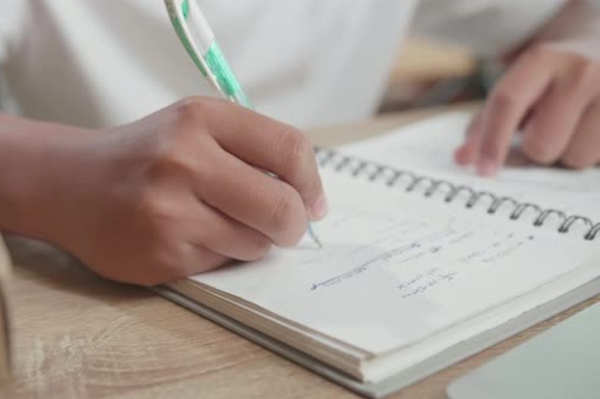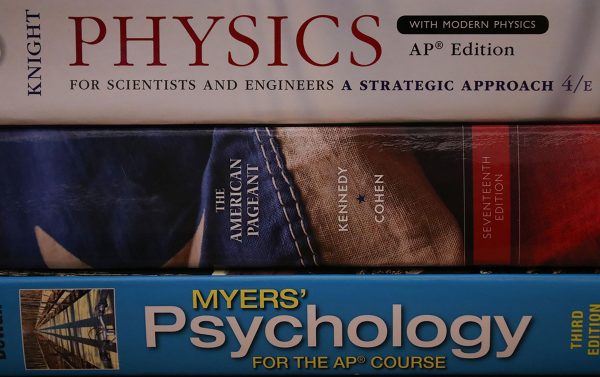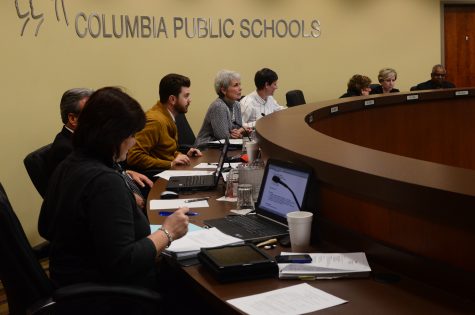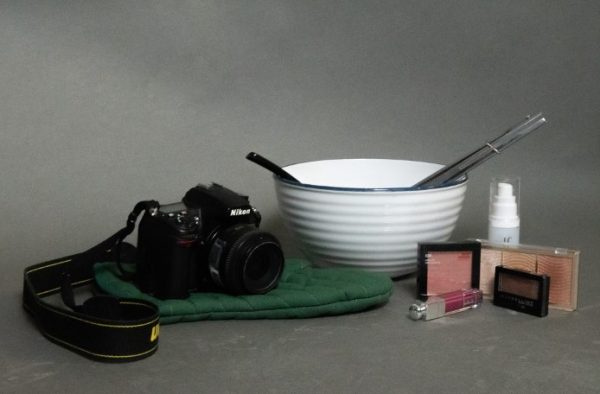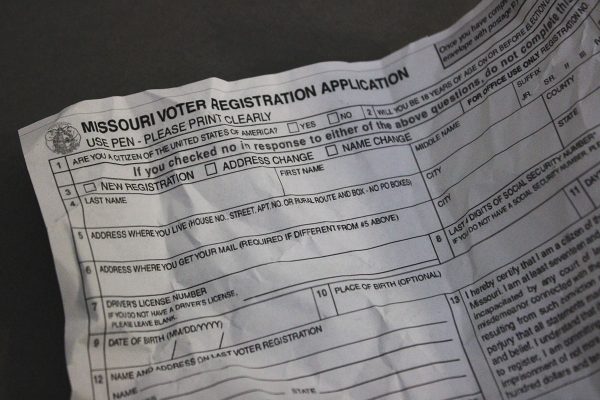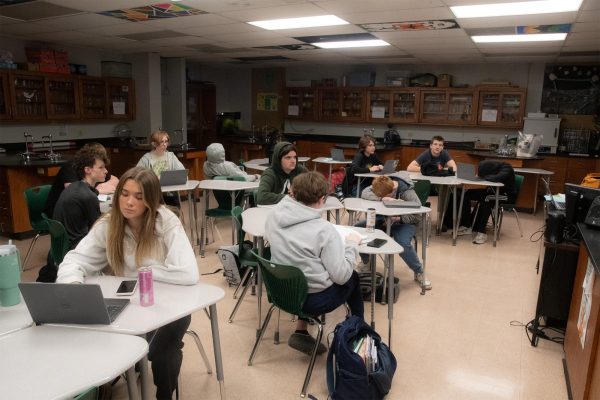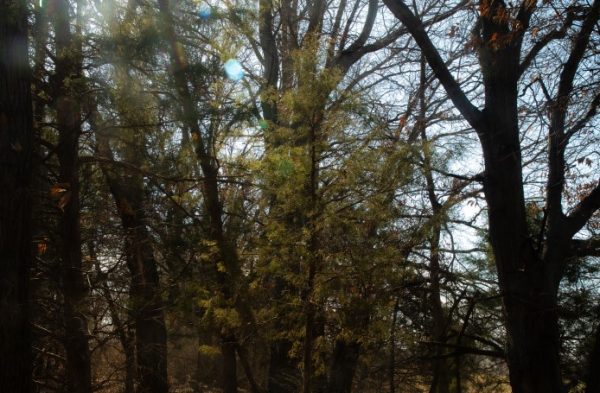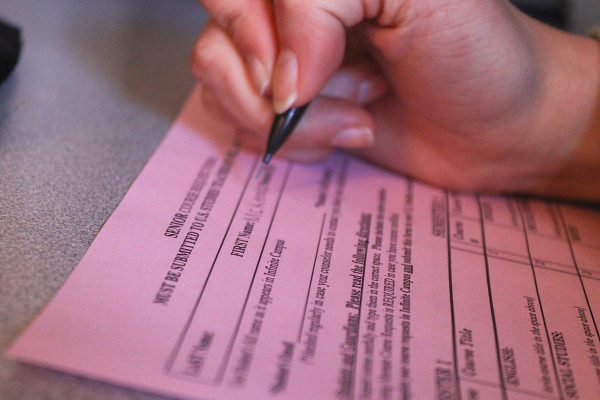TikTok sounds: TikTok influences popular music, changes industry
March 9, 2022
TikTok, the short-form video social media platform owned by Chinese tech giant ByteDance, has seen massive growth in the past four years since the app’s launch in 2017. TikTok was the most downloaded app of 2019 and 2020, with 1.543 billion downloads in those two years alone, according to statistics from businessofapps.com. TikTok’s influence has seeped into all aspects of pop culture, but with how prominent the role of music is in its lip-synch and dance-heavy content, the app has inevitably had an especially significant impact in shaping the music industry.
References of the app in songs from artists like Drake who “did [his] dance one time on TikTok and went viral with it,” or Yung Gravy and bbno$ who would be “pissed off if this song [‘shining on my ex’] blew up on TikTok” are further evidence for the dominance of TikTok in the music business. Popular streaming services, like Spotify, have even curated playlists with names like “big on the internet,” “Viral Hits” and “Internet People,” featuring TikTok’s most popular songs.
TikTok commissioned MRC Data, a musical sales data and analytics provider, to undertake research on “the unique way TikTok’s community discovers, endorses and co-creates music [making] it such a powerful tool for brands.” Results revealed 72% of TikTok users associate certain songs specifically with the app. The same study also found 75% of TikTok users said they discover new artists on the platform and 67% of users said they are more likely to seek out songs heard on TikTok on other music streaming platforms as well.
Senior Katya Johnson, known to her friends for frequently adding TikTok audios to her playlists, said songs popular on the app at any given time greatly influence the music she listens to. For her and those around her, Johnson said this is one of the main reasons they stay on the app.
“I think [discovering new music] is why the app is so addictive for many teens. I also think a lot of people go on TikTok just to expand their music taste,” Johnson said. “I’ve seen [edited versions] of music [on TikTok], and I know when I see those, I automatically want to find the song and listen to the normal version, but most of the [music I find] does come from newer TikTok dances too. It’s all based on the algorithm of TikTok.”
Because of TikTok, I went from having about 30 listeners on Spotify, [who] probably went to my school, to having about three million listeners. Since then, that number has leveled out, but it was an insane switch.
— Kinneret Klein
From a contrasting perspective, TikTok has become a highly effective method for artists to promote their music. Artist Kinneret Klein, known mononymously by her first name, experienced firsthand how TikTok can make songs viral overnight with her single “No Wind Resistance.”
“When I released [my song], I was a junior in high school and [all I] knew was that I loved music and I wanted to make it. A year and a half later, TikTok [became] more popular, and I […] posted this video with me dancing to my song […] with the caption ‘vibing to my music every day until it blows up day one,’ and that worked. [People] thought it was a cool idea, they thought I was relatable, that I was just a girl dancing to music, they wanted to help out,” Klein said. “Because of TikTok, I went from having about 30 listeners on Spotify, [who] probably went to my school, to having about three million listeners. Since then, that number has leveled out, but it was an insane switch.”
The sheer size and reach of the platform, which draws in over one billion active global users per month according to cnbc.com, provides artists looking for an audience with access to a massive pool of potential listeners. Unlike other video content platforms, such as YouTube, viewers do not have to choose the content they want to watch. Instead, TikTok hand-feeds users an array of suggested videos on their “For You” page (FYP), meaning artists have an level playing field for people to discover them.
“TikTok’s algorithm has made it so that now independent artists like me have an equal opportunity to gain millions of listeners overnight, equal to anyone who’s signed to a label, to anyone who has connections,” Klein said. “The music industry is no longer about who you know, which connections you have; it’s now about how interesting, how likable, how funny you can be for 15 seconds [while working] your song into it somehow.”
Sophomore Madison Torres said she believes another reason TikTok works so well as a promotional tool is because of the diversity of its users. With so many users comes plenty of space for different audiences and niche interests.
“I think there are a lot of reasons people stay on TikTok, but I’m sure finding new music [and] artists is one of the main reasons,” Torres said. “A lot of different kinds of people are on TikTok, which opens the opportunity for people that make all kinds of music to share their talent and most likely reach their target audience.”
Popular influencers, including Charli D’Amelio and Addison Rae, who hold celebrity statuses on the app and have even released music of their own, can also play a role in creating new hits. Videos of them participating in trends or doing dances could potentially send millions of fans to listen to new songs. For example, D’Amelio kick-started a viral dancing trend bringing newfound fame to Nfasis’ music, “Ahí Challenge.”
I think a song getting played repeatedly for a long period of time really starts to get addicting, and some of the most popular music right now originated from a TikTok audio. The songs get stuck in your head so easily that you start listening to them outside of TikTok, and when everyone is listening to the same song repeatedly, it moves up in the charts very quickly.
— Madison Torres
“Honestly, if a popular verified creator makes a video to [a song] and has that wow factor, then it’s most likely going to end up blowing up, which ends up helping the artists out,” Johnson said. “Popular trends really help underground artists. It’s also super easy to find new music, with all the different hashtags [creators] can use.”
Even older songs that have been out of popular music cycles for decades, or songs that never gained traction after their debut, carry the chance of TikTok revitalizing their relevance. “Dreams,” released by Fleetwood Mac in 1977, re-entered music charts for the first time in 40 years, peaking at number two on the 2020 Rolling Stone 100 chart, after a video of user @420doggface208 skateboarding to the song went viral, according to Rollingstone.com. Similarly, artists like Mother Mother were able to secure a place on the Rolling Stone Artist 500 and Breakthrough 25 charts in 2020 with songs from an album released in 2008.
TikTok has consistently played a major role in determining places on music charts, helping boost songs such as “Old Town Road” by Lil Nas X and “Driver’s License” by Olivia Rodrigo that led global charts for weeks. A majority of the songs featured on Billboard’s top radio and music charts from 2020 can be tied back to their popularity on TikTok, including Doja Cat’s “Say So” or Megan Thee Stallion’s “Savage,” which were songs people used for dance trends on the app.
Torres said the prevalence of certain songs on people’s FYPs affects what people listen to on a daily basis. With TikTok convincing users to listen to these songs on other platforms, people can also expect a general rise in their popularity even outside of the app.
“I think a song getting played repeatedly for a long period of time really starts to get addicting, and some of the most popular music right now originated from a TikTok audio,” Torres said. “The songs get stuck in your head so easily that you start listening to them outside of TikTok, and when everyone is listening to the same song repeatedly, it moves up in the charts very quickly.”
Despite the benefits TikTok provides for users and artists— helping people discover music and creating instant hits— the app has its drawbacks as well. Johnson said the frequency of the same music playing on the FYP could cause listeners to become exhausted from certain songs.
Every artist now knows that there’s this magic ticket, this lottery that can just jumpstart your career, which is TikTok, so every artist now feels obligated to post TikToks. And it can be difficult, [because] you want to get into your music […], but there’s this lingering thought that’s like ‘Oh, I should be putting myself on the internet more. I should be making videos.
— Kinneret Klein
“For sure [TikTok can ruin songs]. [When underground] songs happen to blow up, it kind of takes away from the special feeling of listening to that song when everyone knows it,” Johnson said. “Some of the trends have overused songs, and that just gets old really fast.”
Klein also said she noticed differences in the music industry following the increased impact of the internet on music. With shorter attention spans from audiences and pressure to create a viral 15 second hook, Klein said artists sometimes felt they had to hold back on their craftsmanship of longer and more detailed work.
“Every artist now knows that there’s this magic ticket, this lottery that can just jumpstart your career, which is TikTok, so every artist now feels obligated to post TikToks. And it can be difficult, [because] you want to get into your music […], but there’s this lingering thought that’s like ‘Oh, I should be putting myself on the internet more. I should be making videos,’” Klein said. “That can be really hard for some artists because a lot of people make music as an escape […] they’re not the types of people who want to be making videos on TikTok, but now they feel like they have to and I think that sometimes prevents them from making their best work.”
Klein said despite trends pulling away from the long build-ups and slow releases heard in music from bands like Pink Floyd or the Beatles, the new opportunities created by TikTok’s platform outweigh the possible creative downsides of subscribing to changes within the industry.
“[The way TikTok blows songs up] is so fast, it’s so quick, […] I think it can often catch people off guard and prevents growth. Now that being said, TikTok is also the reason [numerous artists] get this growth in the first place. It’s the reason I have 30 million under my song,” Klein said. “[Even with] the negatives, I can’t not be grateful for what TikTok has done for my career. It’s the reason I have any of these numbers that I have right now. I’ll never know what it would have been like if TikTok wasn’t my ticket to a fan base, but I am grateful that I have one now.”
How does TikTok influence the music you listen to? Let us know in the comments below.




















































































